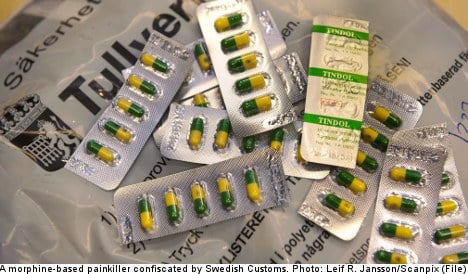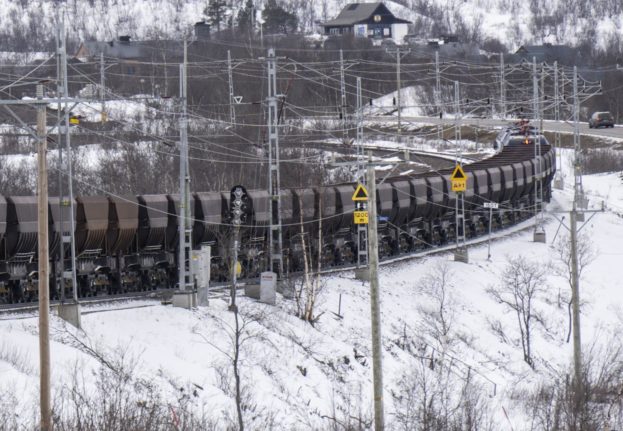Officials have confiscated so many suspected deliveries lately that their analysis laboratory cannot keep up.
“It’s pouring in,” Stockholm duty officer Mikael Lindgren told the TT news agency.
His agency intercepted more than 3,000 items between January and October 2012 at the postal terminal at Arlanda Airport, north of Stockholm.
The annual tally in 2008 was 2,000.
“When we have more resources, we find more,” Lindgren said in defence when asked why the number had not risen more in the past four years.
The average customer is male and born in the 1980s, the agency’s statistics showed.
“You no longer go downtown and buy drugs from the typical dealer – gangly 25-year-old ‘Kalle’ who himself is an former user,” Philip Jansson at the National Bureau of Investigation (Rikskriminalen) told TT.
“Instead, you simply sit at home and order drugs online. The police don’t have any structure for how to conduct investigation online when it comes to narcotics.”
TT/The Local/at



 Please whitelist us to continue reading.
Please whitelist us to continue reading.
Member comments